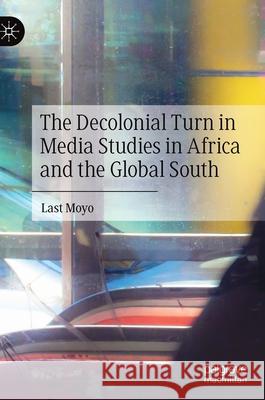The Decolonial Turn in Media Studies in Africa and the Global South » książka
topmenu
The Decolonial Turn in Media Studies in Africa and the Global South
ISBN-13: 9783030528317 / Angielski / Twarda / 2020 / 308 str.
The Decolonial Turn in Media Studies in Africa and the Global South
ISBN-13: 9783030528317 / Angielski / Twarda / 2020 / 308 str.
cena 401,58
(netto: 382,46 VAT: 5%)
Najniższa cena z 30 dni: 385,52
(netto: 382,46 VAT: 5%)
Najniższa cena z 30 dni: 385,52
Termin realizacji zamówienia:
ok. 22 dni roboczych
Dostawa w 2026 r.
ok. 22 dni roboczych
Dostawa w 2026 r.
Darmowa dostawa!
Kategorie:
Kategorie BISAC:
Wydawca:
Palgrave MacMillan
Język:
Angielski
ISBN-13:
9783030528317
Rok wydania:
2020
Wydanie:
2020
Ilość stron:
308
Waga:
0.54 kg
Wymiary:
21.01 x 14.81 x 1.91
Oprawa:
Twarda
Wolumenów:
01
Dodatkowe informacje:
Wydanie ilustrowane











